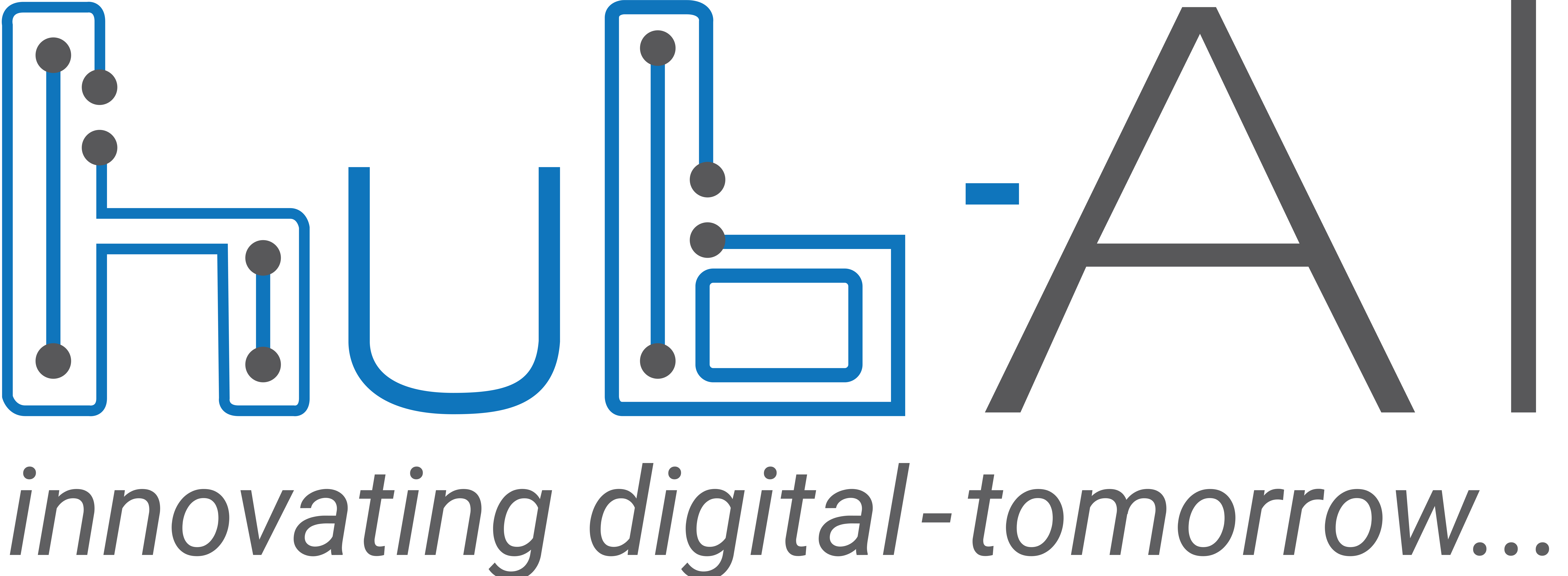What is the purpose of artificial intelligence?
The purpose of artificial intelligence (AI) is to replicate and mimic human intelligence in machines. AI systems are designed to analyze data, recognize patterns, make predictions, and perform tasks that typically require human intervention. The goal is to create intelligent machines that can learn, reason, and make decisions in a manner similar to humans.
The purpose of AI is to enhance and improve various aspects of human life, including business operations, healthcare, transportation, communication, and more. By harnessing the power of AI, we can automate repetitive tasks, gain valuable insights from data analysis, optimize processes, and provide personalized experiences to users.
In business, AI can be used to enhance customer experiences by offering tailored recommendations, personalized interactions, and efficient support through AI-powered chatbots. It can also enable organizations to derive valuable insights from large datasets, leading to better decision-making and strategic planning.
Overall, the purpose of artificial intelligence is to empower businesses and individuals with intelligent machines that can automate tasks, provide valuable insights, and deliver personalized experiences. It has the potential to revolutionize industries, improve efficiency, and drive innovation in various domains, making our lives easier and more productive.
Automation and Efficiency: One of the primary purposes of AI is to automate tasks and improve operational efficiency. AI-powered systems and robots can perform repetitive, mundane tasks with precision and speed, freeing up human resources to focus on more complex and creative endeavors. From manufacturing assembly lines to customer support chatbots, AI-driven automation improves productivity and reduces errors.
Data Analysis and Insights: AI excels at processing and analyzing vast amounts of data. By utilizing machine learning algorithms, AI systems can uncover valuable insights and patterns within complex datasets. Businesses can leverage this power to gain a deeper understanding of their customers, optimize processes, identify trends, and make data-driven decisions that drive growth.
Personalized Experiences: AI enables businesses to provide highly personalized experiences to their customers. By analyzing customer data, preferences, and behaviors, AI algorithms can tailor recommendations, product suggestions, and marketing messages. This level of personalization enhances customer satisfaction, increases engagement, and fosters customer loyalty.
Natural Language Processing: AI technologies, such as natural language processing (NLP), enable machines to understand and interpret human language. This has opened up avenues for virtual assistants, voice-controlled devices, and chatbots that can understand and respond to human queries. NLP also facilitates sentiment analysis, text summarization, and language translation, making communication across languages more accessible.
Medical Diagnostics and Research: AI is transforming the healthcare industry by assisting in medical diagnostics and research. AI algorithms can analyze medical images, such as X-rays and MRIs, to detect anomalies and assist doctors in accurate diagnoses. AI also plays a vital role in drug discovery, helping researchers identify potential drug candidates faster and more efficiently.
Autonomous Vehicles: AI is driving the development of autonomous vehicles, revolutionizing transportation. Self-driving cars leverage AI technologies, including computer vision and machine learning, to perceive their environment, make decisions, and navigate safely. This technology has the potential to increase road safety, reduce congestion, and transform the way we travel.
Cyber security: As technology advances, so does the sophistication of cyber threats. AI is being employed in cyber security to detect and respond to potential threats in real-time. AI-powered systems can analyze network traffic, identify unusual patterns, and proactively defend against cyber-attacks, safeguarding sensitive data and systems.
These are just a few examples of how AI is being used to achieve various purposes across different domains. The potential of AI is vast, and its impact on society will continue to grow as technology advances. By harnessing the power of AI, businesses can gain a competitive edge, improve efficiency, and unlock new opportunities for growth.
